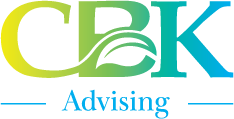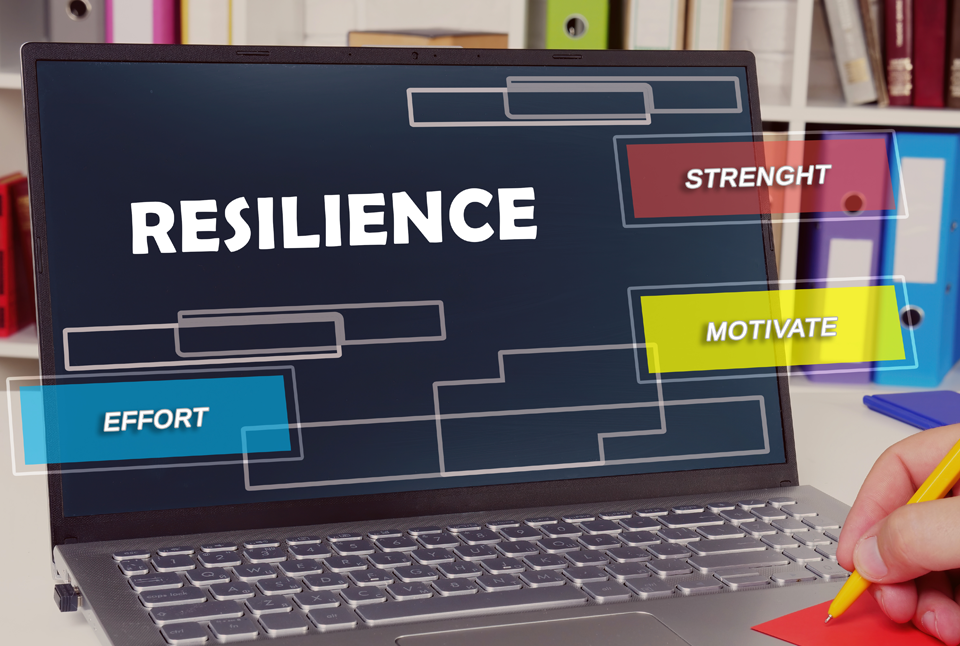Do You Have The Resilience To Succeed?
Do You Have The Resilience To Succeed?

A New Year Begins: Do You Have The Resilience To Succeed?
Last year was a difficult year for many people. The political stress, economic issues, and ever-increasing job demands have taken a toll on many people in my business and personal circles, myself included.
While I am happy to see many people bouncing back and continuing their journey towards a successful life, others are still struggling. As I look around, it is obvious we each possess different levels of resilience, and understanding how to engage it in the right way, at the right time is crucial to accomplishing goals. But, like anything else in life, we must find the right balance.
What It Is
Resilience is defined by Merriam-Webster as:
“an ability to recover from or adjust easily to misfortune or change.”
We have all heard stories of people who have been completely knocked down by life, and yet come back stronger than ever – they have resilience. There are others we meet along the way who are severely damaged by seemingly small setbacks – their resilience needs boosting.
Resilience is often viewed in Nietzsche-terms of “that which does not kill us, makes us stronger.” Many people believe that resilience means we have to “get it done at any cost,” “tough it out,” or “work past the pain.” But, this hard-edged view is often the ingredient that wears people down.
Too Much Of A Good Thing May Not Be So Good
In a quest for accomplishment, many people overwork their “resilience muscle.” They work too hard all the time, constantly depleting their energy without providing time for recovery.
I am sure you know people who are always working. They eat, sleep, and dream of work 24/7, pushing themselves to accomplish more.
But, if resilience is “an ability to recover…” that means we must make time for that recovery. Just like the best dance performance comes from a well-rested dancer, the best work performance requires “downtime” when we replenish our mental and physical resources.
Focusing too much on being resilient, and working yourself to exhaustion, usually results in less creativity, less production, and increased health problems. So, while it may seem counter-productive, it’s important to take time off in order to rebuild your resilience through rest and relaxation.
Too Little Resilience Limits Potential
I have a friend who completely shuts down anytime something goes off-track from what she expects. Her boss rejects her idea and it takes her weeks before she proposes anything new. When her sister was diagnosed with cancer, she couldn’t focus on the work at hand and was so distraught she developed ulcers. While these experiences are definitely challenging for anyone, her responses to them indicate that her “bounce-back” ability is pretty much nil.
Having resilience to unfortunate circumstances and events is an important indicator for success. And, by “success” I am not just talking about business and financial success, but more importantly, in the way you accept reality and look at life.
Resilience allows you to change your focus from “why is this happening to me?” to “what can I learn from this experience?” In the long-run, the more we learn, the more potential we have to achieve our goals.
Developing A Balanced Resilience
Resilience is strongly connected to your outlook on life. It is built on accepting reality yet looking for the positives of every situation.
Understanding reality is an important part of resilience. We need to be able to not only make the best of the bad times, but learn from them rather than be prisoners of them. When we see ourselves as victims, we don’t learn what we need to grow. Every challenge offers new insight, supporters, and meaning that can shape our world. Find the meaning in everyday life, and you will develop the resilience you need to get through even the worst of times
Add “Values” or “Purpose” to that and you will have the motivation to continue moving forward even during the darkest times. Finding and focusing on your purpose in life helps reduce the stigma of challenging situations and provides an energy that encourages productivity. The key is recognizing and appreciating YOUR values, and not worrying about those of other people. Values are a deeply personal perspective, and they drive us towards things we appreciate most.
In The Long Run…
Overall, the key is to balance your resilience with recovery. Work hard, play soft. Don’t try to do too much just because you feel you must constantly be productive. Give your mind, body and spirit time off to recover on a daily basis. Set aside time every day to sit quietly and focus on something joyful. Yes, it may sound too simple, but these little breaks can boost your reserves and provide you with the energy needed to engage your resilient nature.
“I can be changed by what happens to me. But I refuse to be reduced by it.” (Maya Angelou)

